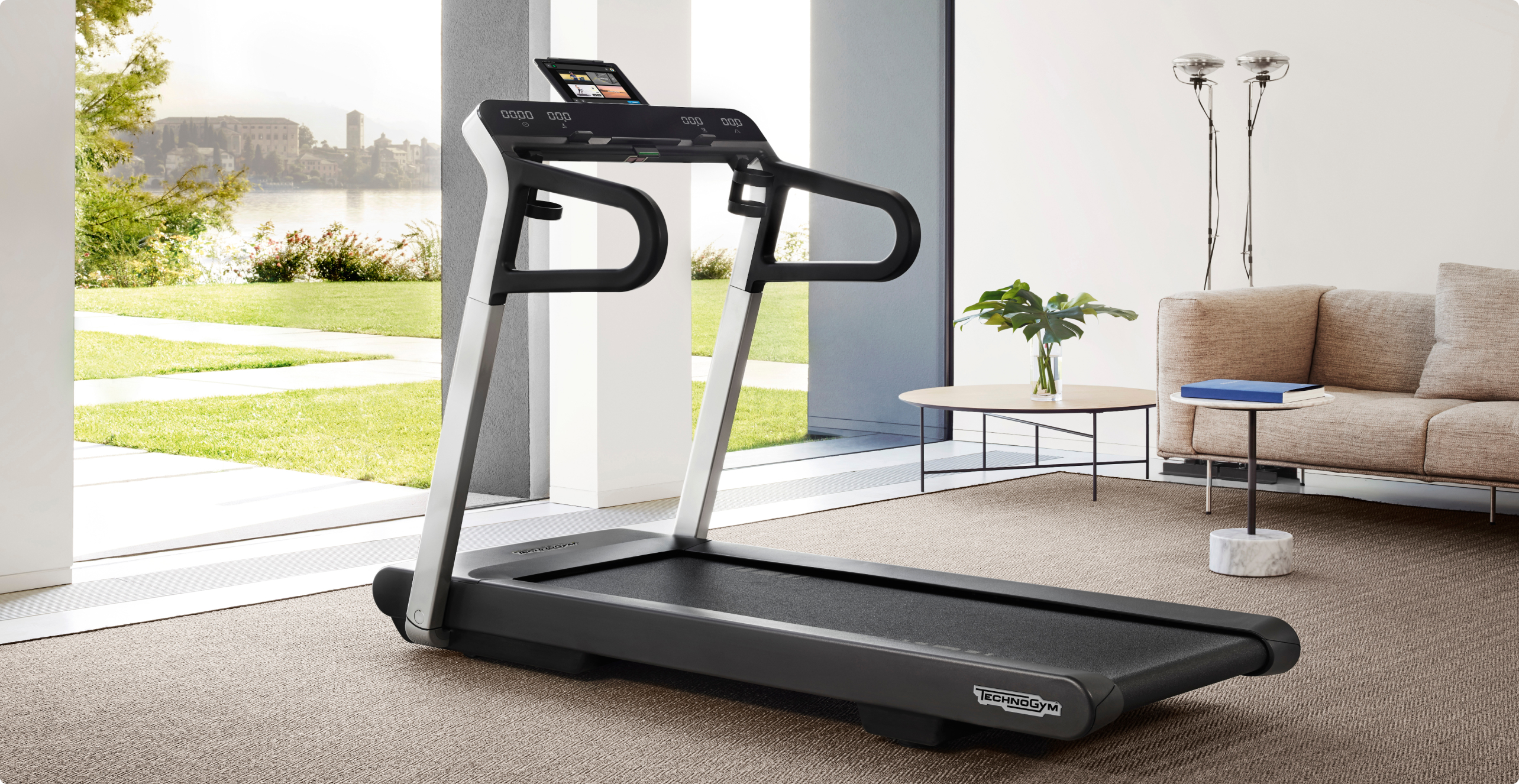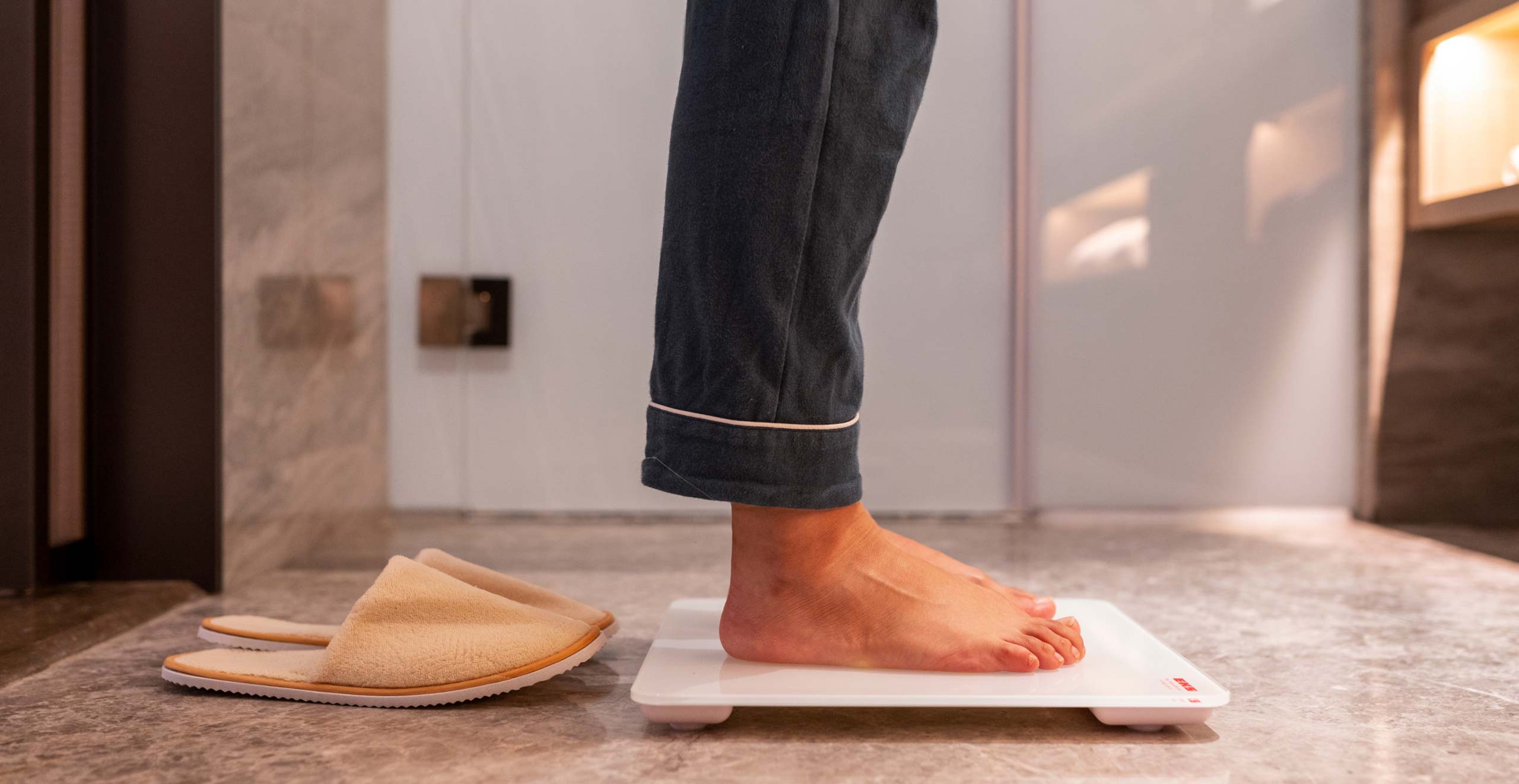3 августа 2025 г.
Fitness
Health
Longevity
Mind
The benefits of physical exercise for body and mind
The new science of movement: from protecting the heart to safeguarding brain function, even cellular regeneration and improving cancer treatment outcomes. Regular physical exercise is not just beneficial but essential for general health.

Training is no longer just a healthy habit. Thanks to new evidence and a number of scientific studies carried out and published in recent years in particular, we can now confirm that physical exercise is also a complete, effective and accessible therapeutic intervention; it is capable of positively influencing every organ and system in the human body, from the heart to the brain, from the metabolism to healthy longevity. In the right quantity, the positive impact provided by training is clearly tangible in every individual.
One aspect that is very far from secondary concerns the “state of the art” of the research into the therapeutic and preventative role of physical exercise – it is far from an afterthought. The last few years have brought with them a significant buzz and global focus on the science of movement and the physiology of physical exercise. This is confirmed by the impressive number of scientific studies on the subject published on the global stage: more than 100,000 in the last five years.
One aspect that is very far from secondary concerns the “state of the art” of the research into the therapeutic and preventative role of physical exercise – it is far from an afterthought. The last few years have brought with them a significant buzz and global focus on the science of movement and the physiology of physical exercise. This is confirmed by the impressive number of scientific studies on the subject published on the global stage: more than 100,000 in the last five years.

Data from the most recent scientific research confirms and emphasises that regular movement can prevent, treat and in some cases even reverse the course of many chronic diseases. Physical exercise not only improves the quality of everyday life; it prolongs it biologically by acting on profound physiological mechanisms that are highly sophisticated and all delicately interconnected at an inter-organ level. Whether it be walking, yoga, strength training or riding a bike, the body and brain respond with biochemical and adaptive precision to physical stimuli, improving health as a consequence.
Heart and metabolism
Exercise: powerful and flexible protection in a weekly dose
A study published in Circulation has shown that even so-called weekend warriors – people who only train once or twice a week – acquire protection against the development of more than 200 pathological conditions, including hypertension, diabetes, obesity and heart disease, comparable to “everyday exercisers” or those who train regularly and distribute their exercise more uniformly.
What’s the decisive variable? The total volume of weekly activity, not how it is distributed.
**According to WHO guidelines and CDC data, 150-300 minutes of moderate physical exercise or 75-150 minutes of high-intensity exercise every week are enough to significantly reduce overall cardiovascular risk**
A study published in Circulation has shown that even so-called weekend warriors – people who only train once or twice a week – acquire protection against the development of more than 200 pathological conditions, including hypertension, diabetes, obesity and heart disease, comparable to “everyday exercisers” or those who train regularly and distribute their exercise more uniformly.
What’s the decisive variable? The total volume of weekly activity, not how it is distributed.
**According to WHO guidelines and CDC data, 150-300 minutes of moderate physical exercise or 75-150 minutes of high-intensity exercise every week are enough to significantly reduce overall cardiovascular risk**
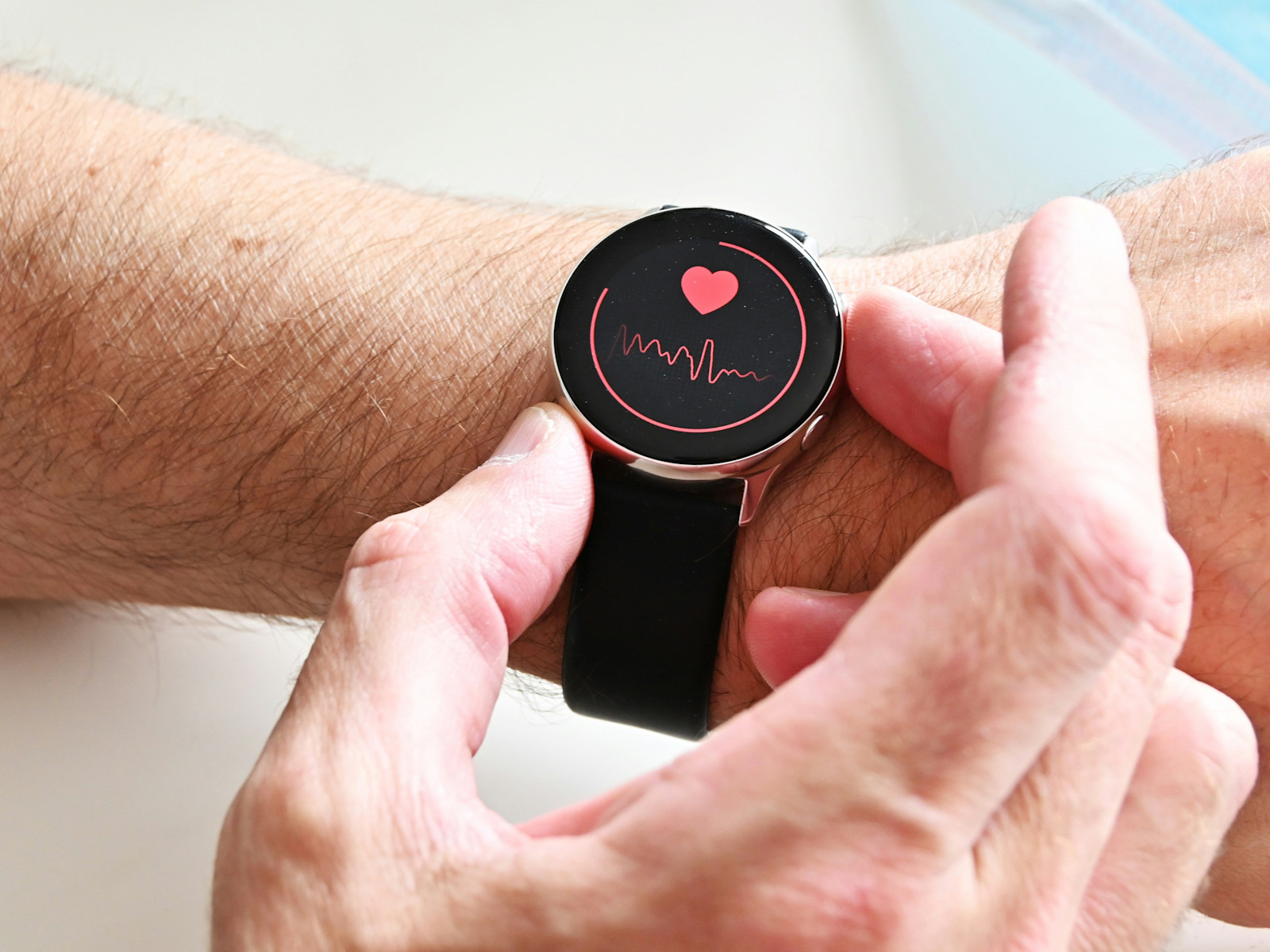
It has long been known that being active considerably reduces almost all known cardiovascular risk factors, improves endothelial function and maintains the elasticity of the arterial wall. One of the most interesting recent discoveries in terms of cardiovascular health and physical exercise relates to a very common cardiac arrhythmia, atrial fibrillation (AF). A 2023 meta-analysis showed how three to five hours of movement per week can reduce the risk of atrial fibrillation by up to 60%.
But there’s much more: a study supported by the NIH has shown that active women have a 36% lower risk of experiencing serious cardiovascular events during their lifetime than their sedentary peers, surpassing the male population in terms of benefits.
But there’s much more: a study supported by the NIH has shown that active women have a 36% lower risk of experiencing serious cardiovascular events during their lifetime than their sedentary peers, surpassing the male population in terms of benefits.
Mind, brain, emotions: all the neuropsychological benefits provided by training
Physical exercise is now recognised as one of the fundamental cornerstones of mental health. Not only does it improve mood, it also significantly reduces many of the clinical symptoms of anxiety syndrome, depression and mental stress.
A systematic revision published in the British Journal of Sports Medicine in 2023 – which involved over 14,000 individuals in 218 randomised clinical trials – concluded that exercises such as brisk walking, weight training and yoga are more effective than drug therapy alone in cases of mild to moderate depression.
A systematic revision published in the British Journal of Sports Medicine in 2023 – which involved over 14,000 individuals in 218 randomised clinical trials – concluded that exercises such as brisk walking, weight training and yoga are more effective than drug therapy alone in cases of mild to moderate depression.
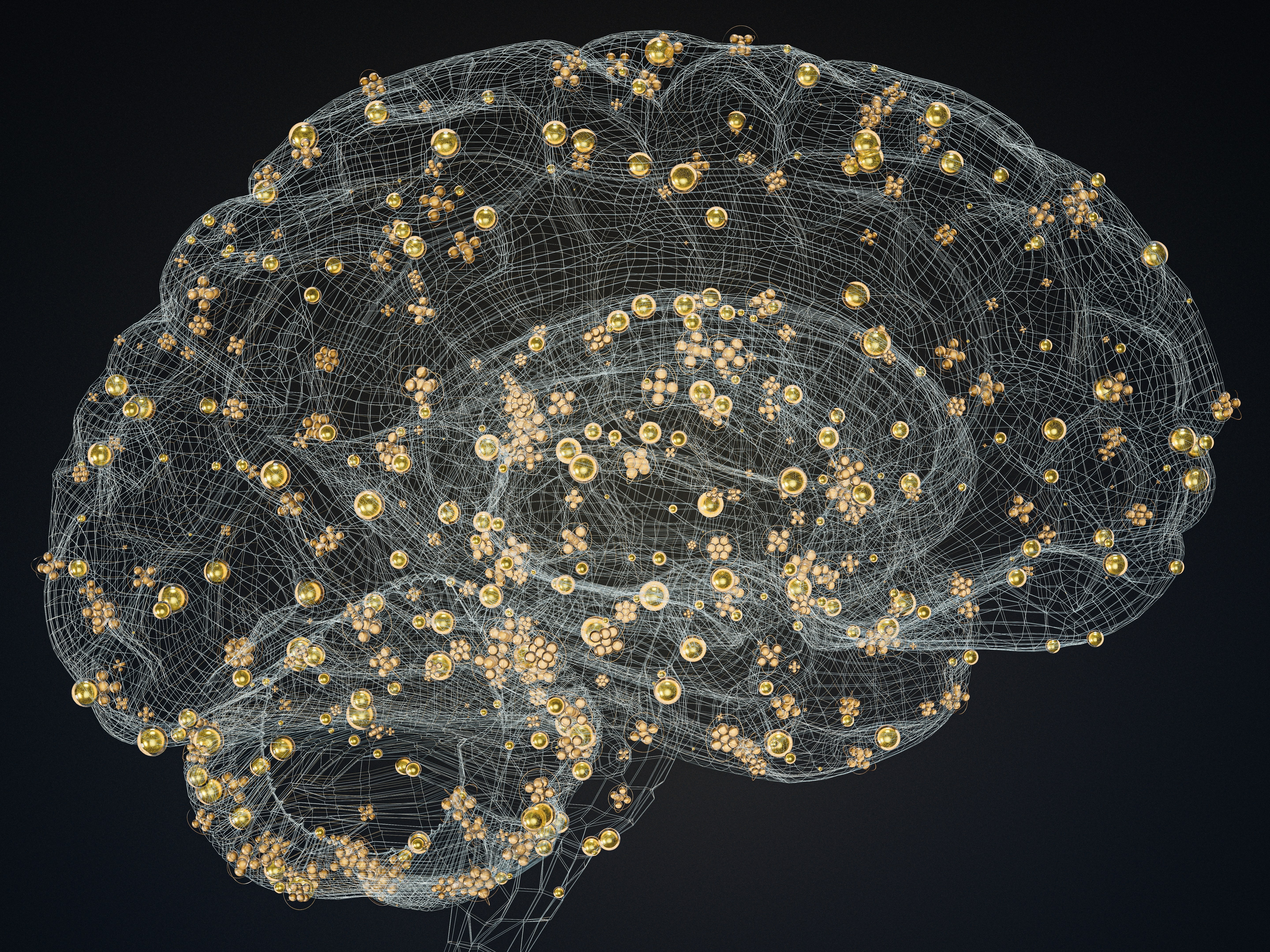
Another study by the University of Bath has shown how integrating mindfulness and training makes it easier to stick to an exercise routine, reduces the levels of cortisol in circulation and significantly improves emotional regulation.
From a neurobiological perspective, movement activates neurogenesis and synaptic plasticity. Advanced neuroimaging studies have demonstrated that regular physical exercise reduces how the amygdala (a brain structure vital to developing and regulating emotions, particularly those linked to fear, anxiety and aggression) reacts to stress and improves functional connectivity in the pre-frontal cortex, with two-fold benefits for those living with mood disorders or problems.
From a neurobiological perspective, movement activates neurogenesis and synaptic plasticity. Advanced neuroimaging studies have demonstrated that regular physical exercise reduces how the amygdala (a brain structure vital to developing and regulating emotions, particularly those linked to fear, anxiety and aggression) reacts to stress and improves functional connectivity in the pre-frontal cortex, with two-fold benefits for those living with mood disorders or problems.

Cellular health and active longevity
The systemic effect that begins with the mitochondria
The positive effect of physical exercise starts inside our cells. Movement stimulates the activation of a cascade of intracellular signals that promote mitochondrial biogenesis, DNA repair and methylation, selective autophagy (degradation of senescent and “damaged” cells) and the reduction of low-grade chronic inflammation.A recent study by the Broad Institute of MIT and the famous American university of Harvard, published in Cell, one of the world’s most important scientific journals, demonstrated that physical exercise triggers major fundamental and coordinated epigenetic and metabolic changes in all 19 organs analysed in animal models. This means that every organ – liver, heart, central nervous system, kidneys, immune system – registers and responds to movement with positive regenerative and adaptive signals.
Precise and regular physical exercise maintains the length of telomeres (biological markers of cellular ageing) and increases the activity of sirtuins, proteins key to regulating longevity and metabolic health.
Not just prevention
It has also been demonstrated that in cancer patients undergoing active treatment, appropriate physical exercise improves their response to drug therapies, improving their physical tolerance by reducing side effects (weakness, nausea, depression), and significantly raises survival rates, especially in solid tumours such as colon, breast and prostate cancer.
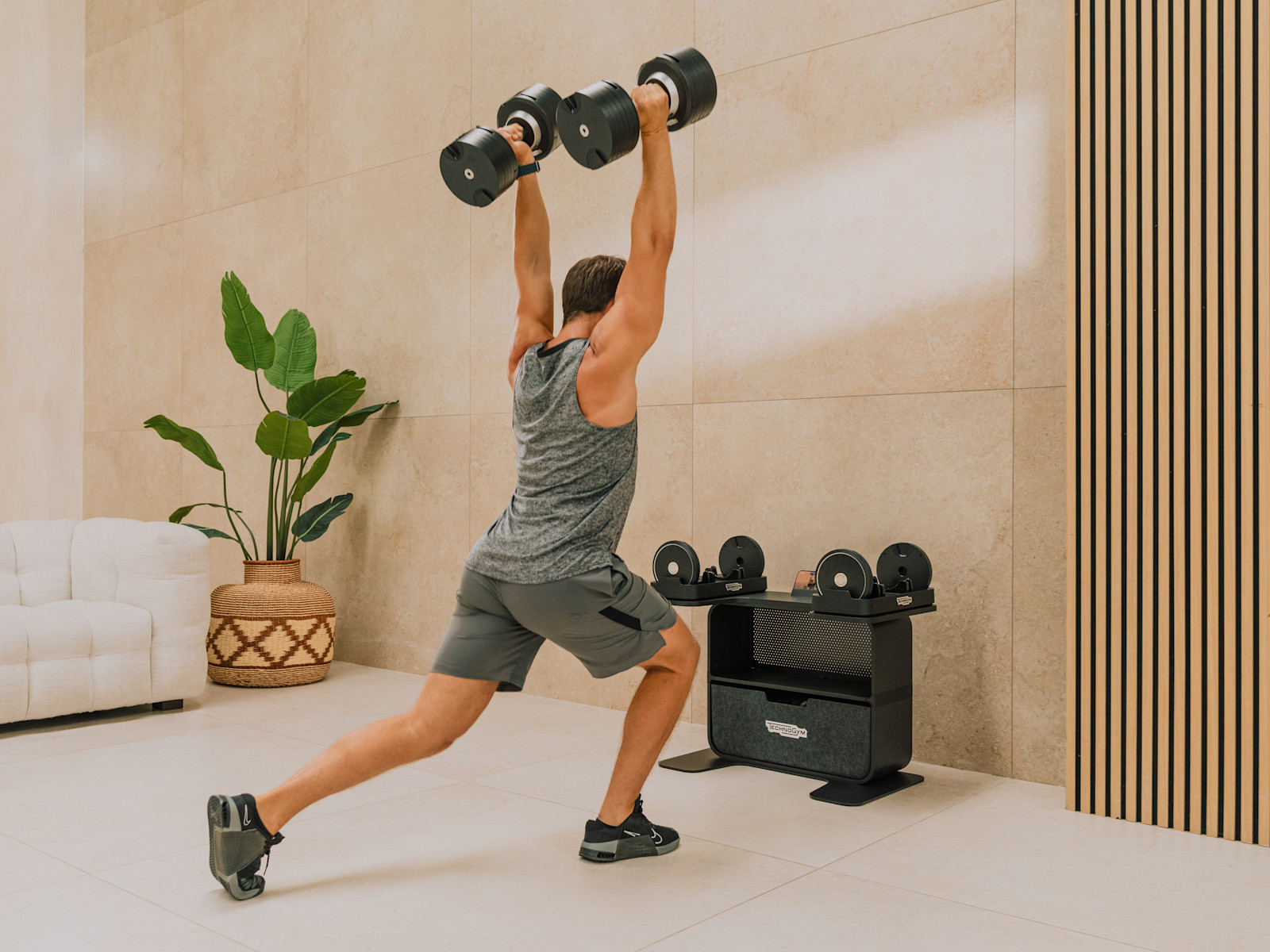
Behaviour and maintenance: how to stick to (and consolidate) change
The psychology of exercise has also become a key field for preventative medicine. The most recent studies show that simple tools – such as digital reminders, tracking through wearable devices – can significantly improve the degree to which patients stick to physical exercise, especially in more sedentary and therefore more at-risk individuals.
The participants in an NIH study increased their daily steps by an average of 1,500 thanks to simple daily notifications on their phones. But the real news is that this improvement was maintained even six months after the end of the study.
Movement should not only be prescribed; it should be facilitated, motivated and made accessible. Because real clinical stabilisation of the results achieved is only obtained with consistency over time. It is also important to underline, especially in subjects suffering from serious disorders, that the emphasis should be on “precision training” and not general training protocols that are the same for everyone; the individual variability, daily habits and “starting level” are not the same for everyone – it is now possible to prescribe the personal element, which has a much greater effect.
The participants in an NIH study increased their daily steps by an average of 1,500 thanks to simple daily notifications on their phones. But the real news is that this improvement was maintained even six months after the end of the study.
Movement should not only be prescribed; it should be facilitated, motivated and made accessible. Because real clinical stabilisation of the results achieved is only obtained with consistency over time. It is also important to underline, especially in subjects suffering from serious disorders, that the emphasis should be on “precision training” and not general training protocols that are the same for everyone; the individual variability, daily habits and “starting level” are not the same for everyone – it is now possible to prescribe the personal element, which has a much greater effect.
Physical exercise: an essential element of “precision medicine”
Moving every day if possible is no longer just “common sense” advice. It is a transversal, systemic and scientifically proven therapy. It acts on the heart, brain, metabolism, immune system, mood and longevity, without negative side effects and with dose-dependent benefits.
In a world in which chronic diseases and mental fragility are growing exponentially, physical exercise is the most powerful, cheapest and highly developed clinical strategy available to us.
Physical exercise is not fitness. It is physiology. It is prevention. It is therapy.
In a world in which chronic diseases and mental fragility are growing exponentially, physical exercise is the most powerful, cheapest and highly developed clinical strategy available to us.
Physical exercise is not fitness. It is physiology. It is prevention. It is therapy.

Key Facts: Physical exercise and health
- 150-300 minutes/week of moderate exercise = significant reduction in cardiovascular, metabolic and oncological risk
- +60% reduction in atrial fibrillation risk with 4–5 hours of weekly activity
- 218 randomised control trials (RCT) showed that exercise is more effective than drugs in treating mild depression
- 19 organs react systemically to movement, according to the Broad Institute study
- Regular movement = longer telomeres + activation of protective molecules = slowed ageing
- 1,500 more steps per day thanks to digital notifications: effect maintained at six months

СКАЧАТЬ TECHNOGYM APP
Присоединяйтесь к сообществу Technogym и получайте эксклюзивный доступ к индивидуальным планам тренировок, экспертным инструкциям и более 1000 занятий по запросу. Отслеживайте свой прогресс, общайтесь с друзьями и сохраняйте мотивацию благодаря обратной связи в режиме реального времени и cоревнованиям.
Продукция и услуги на территории Российской Федерации поставляются дочерней компанией Technogym, АО «ТЕХНОДЖИМ» г. Москва, ул. Верейская, 29с134, офис В211. | Идентификационный код: 7731585654




